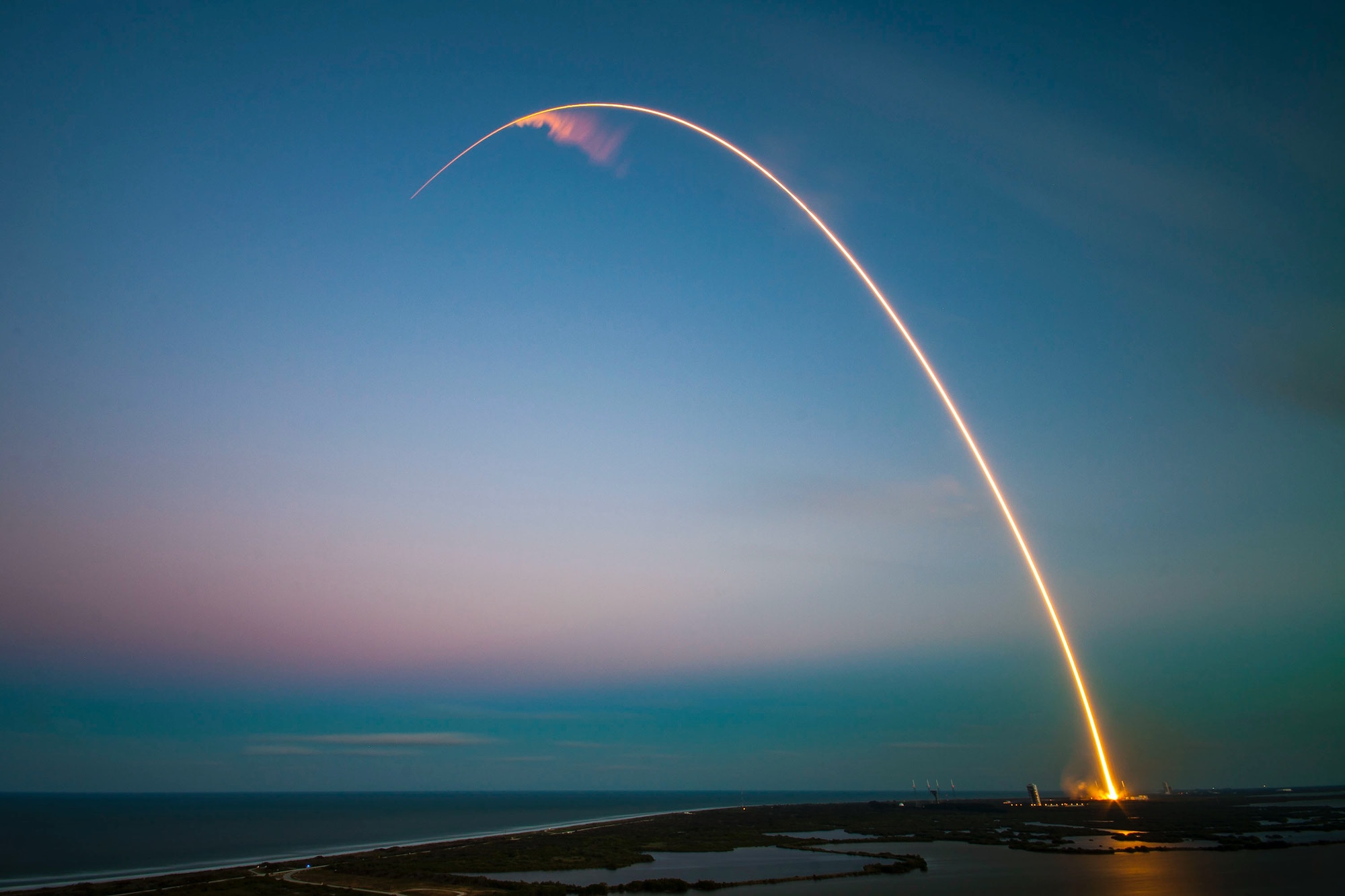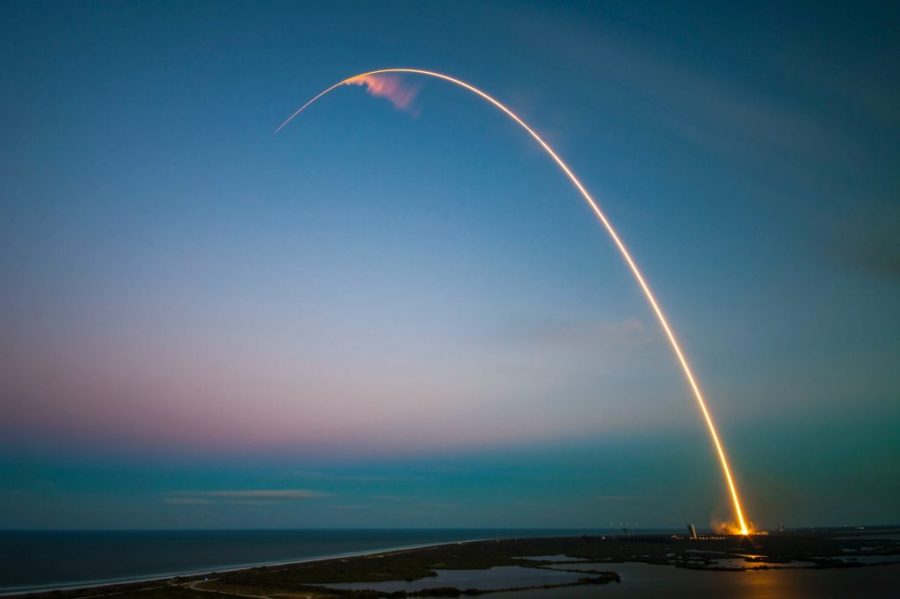Beijing-based rocket company CAS Space started building a rocket engine testing facility in Guangzhou, Guangdong province, last weekend. The facility will complement its existing rocket plant, located nearby.
The new complex will mainly be used to test liquid-fuelled carrier rocket engines with a maximum thrust of 200 tonnes, used to deploy satellite networks, ECNS reports. These are already being manufactured by CAS Space in Guangzhou’s Nansha district.
“There is a huge demand for rockets thanks to the construction of satellite networks,” said the company’s vice-president, Yang Haoliang. “[And] engines are the most crucial part of a carrier rocket.”
[See more: The Macao Science 1 satellites have been officially deployed]
CAS Space aims to build about 100 rocket engines in Guangzhou “each year in the near future” to meet growing demand, he added. “Liquid-propellant engines can be reusable and will enable us to launch satellite networks or large spacecraft.”
Yang also said the facility will be open to domestic institutions, universities and enterprises to facilitate their work on liquid-fuelled carrier rockets.
CAS Space, which is owned by the Chinese Academy of Sciences, initially entered Guangdong in 2020 when it began building its Nansha rocket plant – the first of its kind in the province. The plant currently has an annual production capacity of 30 rockets.
Guangzhou’s first home-built rocket – a ZK 1A – was launched in June, at the Jiuquan Satellite Launch Center in northwestern China. To date, it has successfully transported 26 satellites into space.






